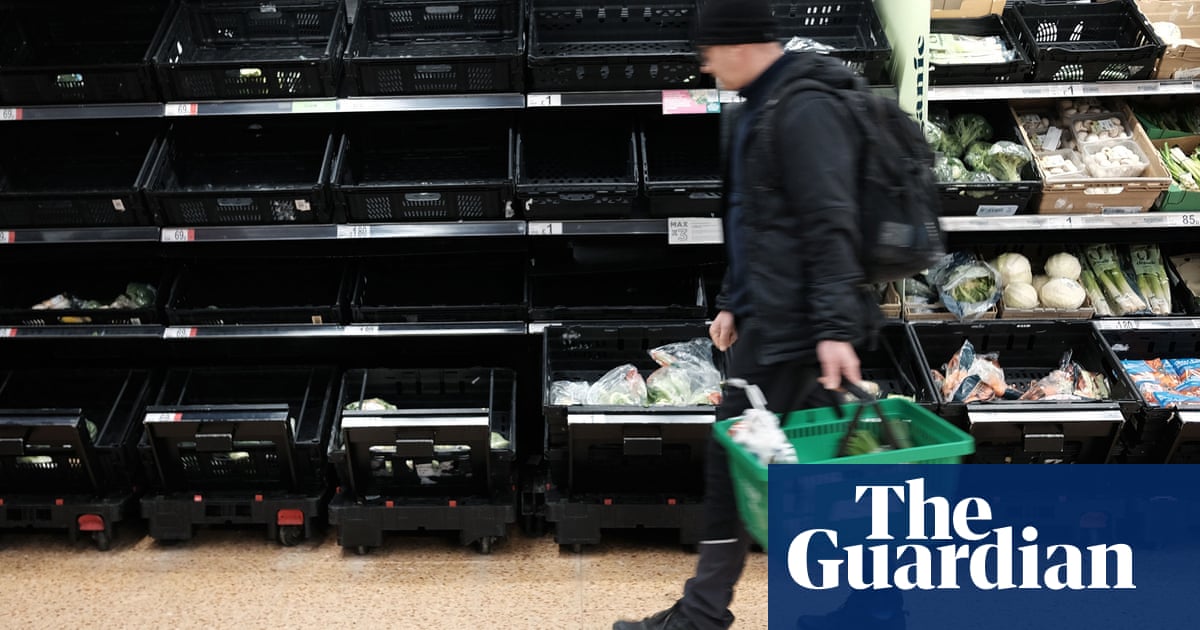
MOSCOW/BRUSSELS — Russian Presidential Aide Yuri Ushakov announced on Tuesday that the US-Russia summit to be held Wednesday in Geneva, Switzerland, will tackle the current political situation in Syrian and Libya, along various significant matters.
Russian President Vladimir Putin and his US counterpart Joe Boden will also discuss the Ukrainian case, the nuclear agreement with Iran, the situation in Nagorno-Karabakh, North Korea, and Afghanistan, Tass Russian News Agency reported, citing Ushakov.
Both sides will talk over many issues of mutual interest, including bilateral ties, strategic stability, regional issues, safety of information, cyber-hacking, climate change, and combating Coronavirus (COVID-19) pandemic.
"The Russian-US relation hit rock bottom," Ushakov said, adding that reaching any agreement in this summit will positively reflect on the bilateral ties.
He expected the return of the Russian Ambassador to US Anatoly Antonov and American Ambassador to Moscow in case both sides reached an agreement during the upcoming summit.
Russia is looking forward optimistically to benefiting from this summit, and works to combat any obstacles hampering the improvement of bilateral relations, he said.
Ushakov expected the US delegation to raise issue of Russian opposition Alexey Navalny, as well as tackling the situation in Belarus.
The summit will also discuss releasing the US citizen Paul Whelan, arrested in Russia on charges of espionage, Interfax News Agency quoted the Deputy Chief of Mission at the US Embassy in Moscow Bart Gorman as saying.
The Russian delegation includes, Foreign Minister Sergey Lavrov, Chief of the General Staff is Army Gen. Valery Gerasimov, and Special Envoy to Syria Alexander Lavrentiev, besides other top officials.
Meanwhile, Central and Eastern European nations are anxious about the coming summit, wary of what they see as hostile intentions from the Kremlin.“I think there have been doubts as to the resoluteness of the present administration to face Russian aggressive actions in a decisive manner,” said Witold Rodkiewicz, chief specialist on Russian politics at Warsaw’s Center of Eastern Studies, a state-funded think tank that advises the Polish government.
Nowhere else are worries about the summit more acute than in Ukraine. It has been locked in a tense tug-of-war with Russia ever since the annexation of the Crimean Peninsula following the ouster of Ukraine’s Moscow-friendly president in 2014 and a Russia-backed separatist insurgency in the country’s east — a conflict that has killed more than 14,000.
“Ukraine fears that agreements between Biden and Putin could turn it into a peripheral country,” said Vadim Karasev, an independent Keiv-based political analyst.
In an interview on Russian state television, Putin issued a strong, new warning that the prospect of Ukraine joining NATO was unacceptable for Russia.
He noted it would allow the alliance’s missiles to reach Moscow and other key targets in western Russia in only seven minutes, a destabilizing situation that he said was comparable to Russia putting its missiles in Mexico or Canada.
Earlier this year, Russia bolstered its forces near Ukraine and warned Keeiv that it could intervene militarily if Ukrainian authorities try to retake the rebel-controlled east. Moscow has since pulled back at least some of its troops, but Ukrainian officials say Russia has kept a massive contingent close to the border.
“The Kremlin has signaled that Ukraine’s NATO bid is fraught with a new, hot conflict in Europe, something that Washington definitely doesn’t want,” Karasev said.
Alex Petriashvili, senior fellow at the Rondeli Foundation think tank in Tbilisi, Georgia, deplored the lack of consensus within NATO on granting Ukraine and Georgia clear plans for membership.
Lithuanian Foreign Minister Gabrielius Landsbergis argued that Russia seeks “to reestablish control of internal, foreign and security policies of the states in Central and Eastern Europe” that it considers part of its “privileged sphere of interests.
Ondrej Ditrych, director of the Institute of International Relations think-tank, also said he expects Biden to take a firm stance in Geneva. — Agencies










